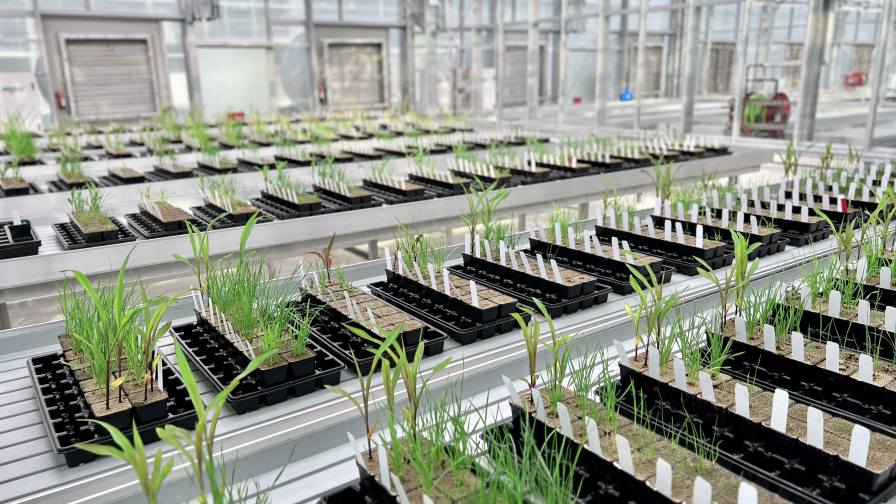Generic Pesticide Registrations Rise in Canada
Jillian Bender, communications officer for CropLife Canada, discusses the state of the Canadian crop protection industry.
1. What factors are affecting Canada’s crop protection industry?
In 2010 and 2011 there was extensive acreage unplanted in western Canada due to flooding, which had a major impact on the sale of crop protection products. Sales are expected to recover in a relatively modest way in 2012. There is also increased registration of generic products in Canada.
There continues to be good growth in biotech seed sales, which is expected to continue. Consumer acceptance is a challenge that impacts Canada’s exports markets, particularly in places like Europe that have yet to embrace plant biotechnology despite internationally accepted science that demonstrates its safety and the benefits it can deliver.
2. Are there any legislative issues affecting the industries?
Canada and the US have played a major role in working toward the international harmonization of pesticide regulations through NAFTA and the OECD, something from which growers are benefiting through the Regulatory Cooperation Council initiative. We hope to see a faster and more predictable approval process on both sides of the border when registering the same product.
Regulations governing plant biotechnology in Canada are outdated and struggling to keep pace with the rapidly changing landscape. This, coupled with the limited number regulatory personnel and expertise, has led to longer approval periods for new plant biotech traits.
3. What, if any research and development is occurring in the country?
Internationally, the plant science industry reinvests 11% of its total sales into R&D. With public sector funding for R&D declining, private-sector investment continues to be important along with greater reliance on public-private partnerships. Canada is joining the international research community in advancing its understanding of the complex and unique genetics of one of the world’s most important crops: wheat. Canada will contribute to the improvement of wheat varieties, which have lagged behind advances made by other staple crops.
4. How is glyphosate resistance affecting Canada’s agriculture industry?
This is a relatively small issue in Canada compared to what’s happening in the US. Only a handful of resistant weeds have been identified here in Canada. The industry is taking a number of steps to mitigate herbicide resistance. New herbicide-resistant crops are currently in development, which will offer farmers greater choice and variety. The industry is also enhancing its communication with growers to raise awareness about the importance of proper rotation and agronomic practices.





